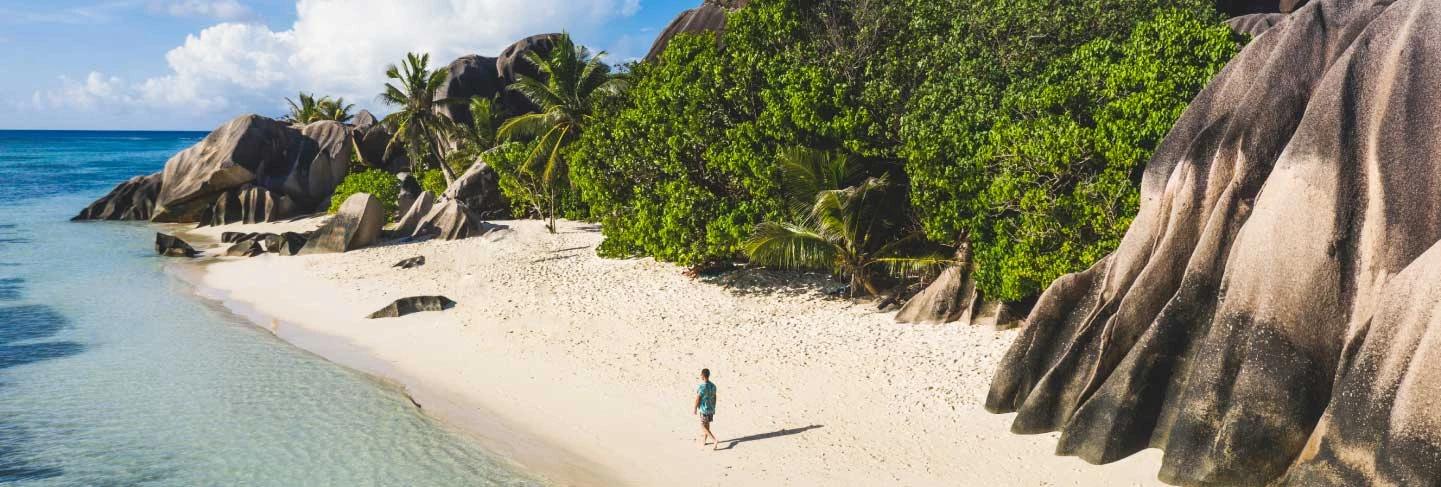Volunteer Public Health Project in Nepal
Volunteer to provide much-needed public health support in Nepal.
Durations: 1 - 12 weeks
Book with confidence
Travel flexibility, because life happens! Modify your booking, even up to 48 hours before departure. T&Cs apply.
Program information
Participate in preventative health initiatives in Pokhara. Contribute to Good Health and Well-being, the 4th Sustainable Development Goal set by the United Nations, in Nepal. Facilitate daily hygiene practices and first aid workshops with young students and women in the communities of Pokhara.
Grants available for up to AUD10,000!
Get a GVI Foundation Grant of up to 80% on community development programs. Everyone is invited to apply by 30 Apr.
Book with confidence
Travel flexibility, because life happens! Modify your booking, even up to 48 hours before departure. T&Cs apply.
Included in your program, at no extra cost.
Make the most of our unique programs with these exclusively curated local adventure and wellness experiences.
Offered once a month, expand your adventure with GVI Experiences. These are just some of the activities offered on your program!
Cook Nepali and Tibetan dumplings family-style
Share customs and cuisine in a Tibetan community
Join a Monk chanting session
Watch the sunrise at Sarangot viewpoint
Boat on Phewa Lake and learn local folklore
Watch a movie in a natural amphitheatre
Learn Buddhist principles at the World Peace Pagoda
Visit the International Mountain Museum
Connect with our alumni
Want to connect with some of our past participants about their adventures? Get in touch with hundreds of friendly ambassadors all over the world who would be more than happy to answer any questions.
Connect with us
Join our Virtual Open Day!


























































